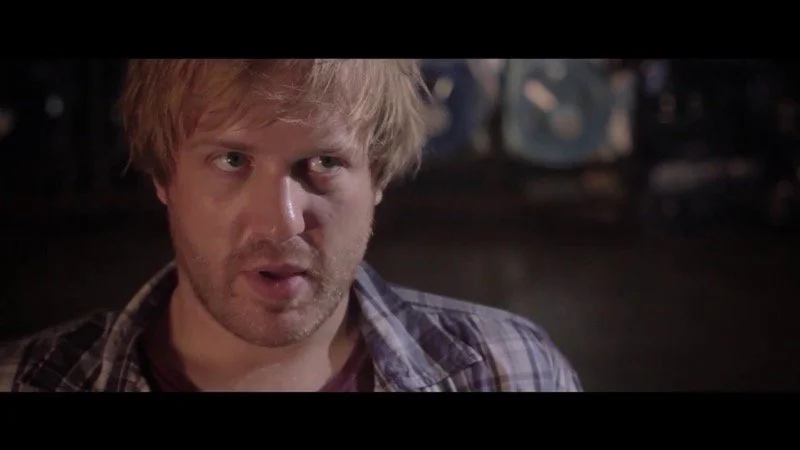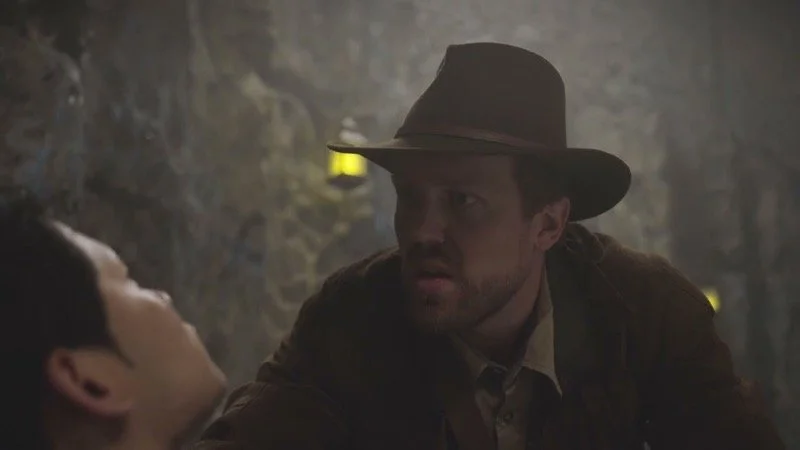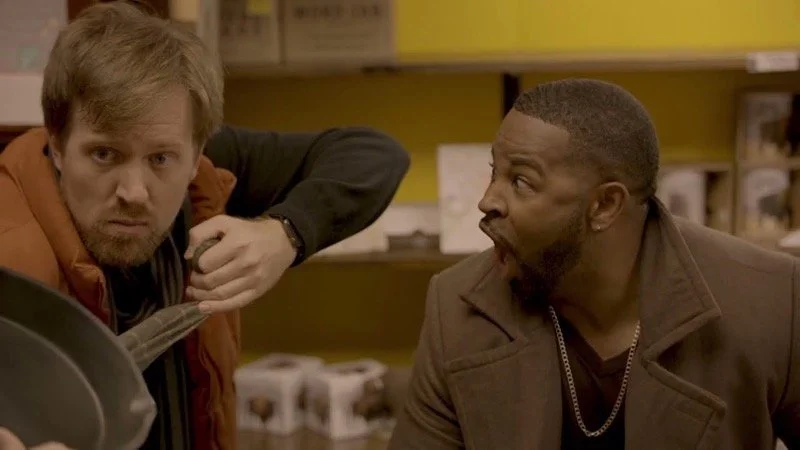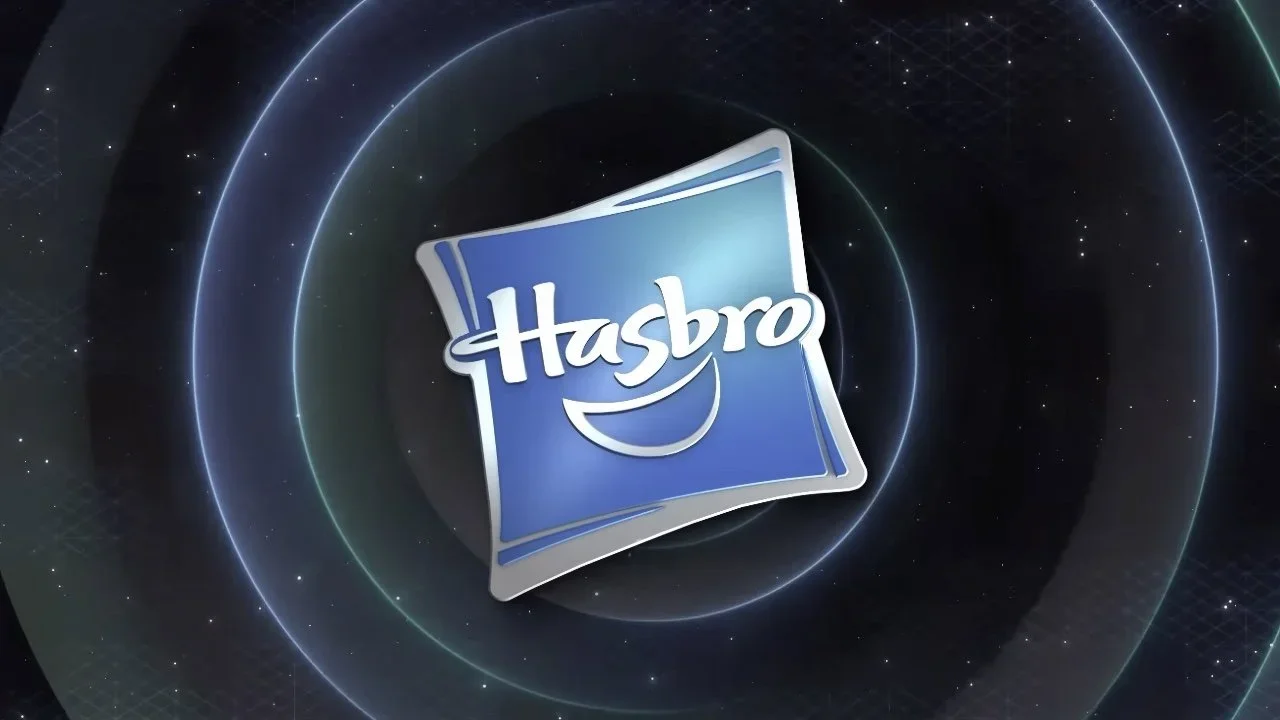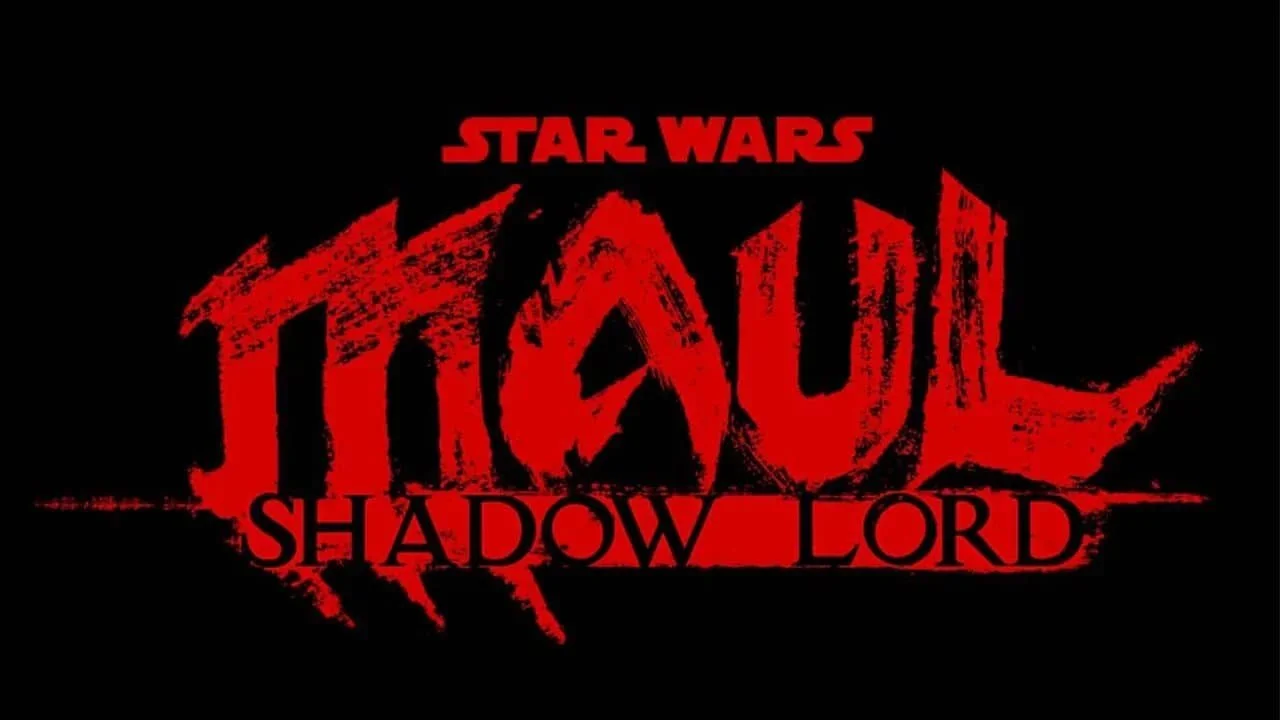Interview With A Striker: An Actor’s View On The Current Strike Situation
Image Source: Backstage
Bryan Patrick Stoyle is an actor friend I met in 2016. I thought it a good idea to ask him some questions regarding the current SAG-AFTRA/WGA strikes situation.
CS: Tell us a little bit about your background.
BPS: I’m an actor based in New York City and before that Buffalo. I joined SAG-AFTRA shortly after moving to New York. I have worked as a main background actor in numerous productions, on both stage and screen.I have also been a casting director, a web series creator, and the writer, director, AND producer of an annual summer stunt show in my hometown. I have also begun voice acting and narration; my first audiobook is out later this month.
RELATED:
CS: What drew you towards acting?
BPS: I was first inspired to try acting due to science fiction; the world-building in these stories captured my imagination as a child and inspired me to start writing and playing in these sandboxes. I WAS HOOKED when I finally got the chance to act in school plays.
CS: Do you make enough as an actor to qualify for health insurance as a union member?
BPS: I have yet to earn enough to qualify for the union's health insurance.
Hello, World!
CS: How much of a percentage of your income is screen acting? What are your other revenue streams?
BPS: Most of my survival income has come from sources outside of acting. I have done a variety of jobs to keep the bills paid. I've done a lot of office temping, some IT and computer help, driven airport shuttles, worked coat checks and ticket booths, and co-led an Etsy shop with my best friend, selling handmade leather goods.
Image Source: IMDb
CS: I saw your Instagram reel the other day. So, no cosplaying? Could you go ahead and elaborate on that?
BPS: The union has asked its membership (and other actors who hope to join the union) to abstain from cosplaying any characters related to struck work for the duration of the strike. In short, this would be any significant film and television character. This also included older projects that would have been struck against if they were being produced today And as someone doing charity cosplay work for two decades, it certainly stings a bit.
But, on the business side, I completely understand the reasoning behind why this is the case. While many enjoy cosplay as a hobby, cosplay is always a tacit promotion of a work and a free ad that the studio didn't have to pay for. Every cosplay group I have been a part of has had a relationship with the production studio that made the original work. They typically love having those groups involved at events they put on since it is free advertising for them So it makes sense that the union, which has called for its members to stop promoting struck movies and television shows, asks for this as an extension of that request.
The union is not asking for a total ban on cosplay. Anyone not looking ever to join SAG-AFTRA is still clear to cosplay as whatever character they wish. And those affected by the strike can still cosplay characters from projects that aren't being struck against. So video games, books and comics are fair game. If you're unsure if a character you cosplay is affected, avoid that costume until the strike ends.
CS: What’s your personal strike schedule like? Do you rotate between the different picket lines in NYC?
BPS: Given the scramble to find non-acting work, my schedule has varied dramatically depending on what gigs I may have in each week. When I don't have other survival jobs booked, I try to get to the picket line (or a rally event) at least once a week. I have picketed at two of the four locations in New York thus far and hope to get to the other two at some point soon.
CS: What are your thoughts on AI and how it’s affecting the industry?
BPS: I see why the technology appeals to many, but I also see it as a job killer. Given the suitable applications, it opens possibilities to tell new kinds of stories that weren't possible before or make something easier to produce. We've seen applications of facial design and AI voice work recently in projects put out by Lucasfilm. However, those cases were with well-known (well-established) actors and done with consent and negotiations. Much of what is currently being planned with AI (and machine learning to train AI) is being baked into work contracts and terms of conditions, removing consent from the equation altogether.
As actors, our likeness is one of the most essential things we sell as independent artists. The idea of AI scanning to create digital replicas is taking that away from the hardworking actors and essentially giving studios the power to turn our image into whatever they want it to be without our input or consent.
Another issue I have is how the studios wanted to incorporate AI into background work, in which studios wanted to scan a background actor, pay them for one day's work, and then be able to use that scan in perpetuity (aka, forever) however they wished. I find this problematic for a few reasons, the first being fewer opportunities for actors to get time on a set to learn how it operates.
Background work is a critical way that many actors get their union eligibility in the first place. Reducing the amount of union background work reduces an actor's chances of getting the work they need to secure their eligibility. It also reduces the likelihood of earning a stable income. I got the deposit for my first apartment in New York because a job on a movie I booked went from one day of work to five. If AI had been around and I had been scanned the first day, that would have taken away 80% of the money I made on that project.
CS: What are your thoughts on streaming and how that compensation model is affecting the industry?
BPS: Streaming has allowed for some amazingly creative storytelling over the last decade. But for those making, the compensation for most streaming shows is very, VERY outdated. Many shows were being produced on a particular contract with SAG-AFTRA, known as the New Media Agreement. This contract allowed actors to work on projects developed strictly for the internet, akin to the web series of the late 2000s and early 2010s. Many things with these contracts differ from traditional broadcast television and film contracts, notably lower minimum rates for payment to the actors and a lower residual structure. The spirit of the NMA was to help actors get involved with acting in web series and letting web series become union productions, allowing more work opportunities for union actors on a then-burgeoning platform.
Then, because streaming services were only producing content for the internet, they could use this agreement on their shows. And a "premium" show on a major streaming network works with more resources than the average YouTuber. So now, you have actors who can do the same kind of work that they would have on a traditional movie or broadcast TV show, have it reach a potentially larger audience due to the popularity of streaming, and get paid significantly less than if that show just happened to be airing on traditional platforms versus the internet.
Source: IMDB
CS: Do you ever make anything on residuals?
BPS: I have not earned residuals from any of my work. My more extensive credits were produced under the New Media Agreement. I don't begrudge that, as I knew that a significant studio did not produce these projects when I signed up for the work.
CS: Is competition for stage roles even more intense now because of the strike?
BPS: Yes and no. I think many actors who enjoy both are opting to make theatre a short-term priority if they can find a production to get involved in for a brief period. However, actors who may be under contract for a currently struck job are not going to book theatre work right now. They will have to return to work on their projects as soon as the strike ends, so they will not want to create a potential scheduling conflict.
CS: What are some of the necessary costs you must cover related to your acting?
BPS: We live a freelance life, so much is spent pursuing booking work. You are getting headshots taken every few years, having them printed, getting demo reels or clips of your work edited (and sometimes, even producing your clips and reel footage from scratch), subscriptions to casting submission websites, transportation to and from in-person auditions, a decent camera/lighting setup for self-taping auditions, specific wardrobe items (either for auditions, background work or low budget projects), training, and of course, union dues. And that's all on the tier of "scrappy self-starter" actor. When you get to the level of having a publicist or other team members to maintain your presence as a brand, those costs only multiply.
At any level, it's costly to be an actor!
CS: Do you have any projects that have been halted due to the strike?
BPS: Thankfully everything I had in the works was either completed before the strike started or not impacted by the contracts being struck against.
CS: You just came off a theatre run, IIRC. How has your post-job period been affected? Like, if everything was hunky-dory, what would you have been doing otherwise?
BPS: This spring, I worked behind the scenes on a national tour with the New York Gilbert & Sullivan Players, which was a fantastic experience. Before acting, I worked on a stage crew in high school, which always taught me great respect for everyone who works in production. My usual summer show in my hometown was thankfully completed pre-Strike. Summer is always the period I find myself looking for new work, so while the strike somewhat limits that, the timing hasn't halted anything for me. It will, of course, restrict future opportunities for a time.
Image Source: Backstage
CS: How are any of your plans or projects being affected?
BPS: I will have fewer submissions and auditions for on-camera work for a while. A few productions are still moving forward. Commercials are not impacted by the strike, for example. I can still audition for theatre and record auditions for audiobooks. I'll watch for any opportunities I can find, as long as they are not going against the strike efforts.
CS: What things can’t you do right now that are otherwise essential for you?
BPS: Not cosplaying is a bit of a sting, only because it's become a big part of my social life. I also had to pivot on the content I put out on social media. I used to make very nerd-centric content around different shows and movies I lived in, but since those are all struck work, I will not be posting about them for the duration of the strike. I'll post that I went to the movies, but not what I saw. I pivoted most of my video content to discussing the strike in the first few weeks.
CS: What demands do you feel the studios won't move on during negotiations?
BPS: Both streaming residuals and AI regulations will be tough pills to swallow for different studios. Over the last 15 years, streamers have built up their platforms based on subscriber growth, so actual viewership numbers weren't held in the same regard as they are with broadcast television. Residuals are based on when something is revealed again (a rerun of a show, a movie played on TV, etc.), so that model looks a little different when streaming services always offer all of their content They also have so much of that structure set that it will be hard for them to want to give pieces of that up.
AI is new technology and is growing fast. As we've seen with some companies selling data to "machine learning" or AI training, it's not just an issue for the entertainment industry. Still, it can impact our industry tremendously. I can relate to the base concept of a studio wanting to cut costs and increase profits, but here it's at the price of a lot of the workforce and can cause more considerable "ripple effect" problems down the line.
CS: How long will the strikers (actors and writers) be able to hold out against the studios?
BPS: It's tough to say. Historically, film and television contract strikes for actors have been relatively short. We've just passed one month, but there's no end. Meanwhile, writers have always had it more challenging. Their strikes have typically lasted far longer. Though they have resumed negotiations, they just hit 100 days on their current strike. I'm cautiously optimistic.
READ NEXT:



